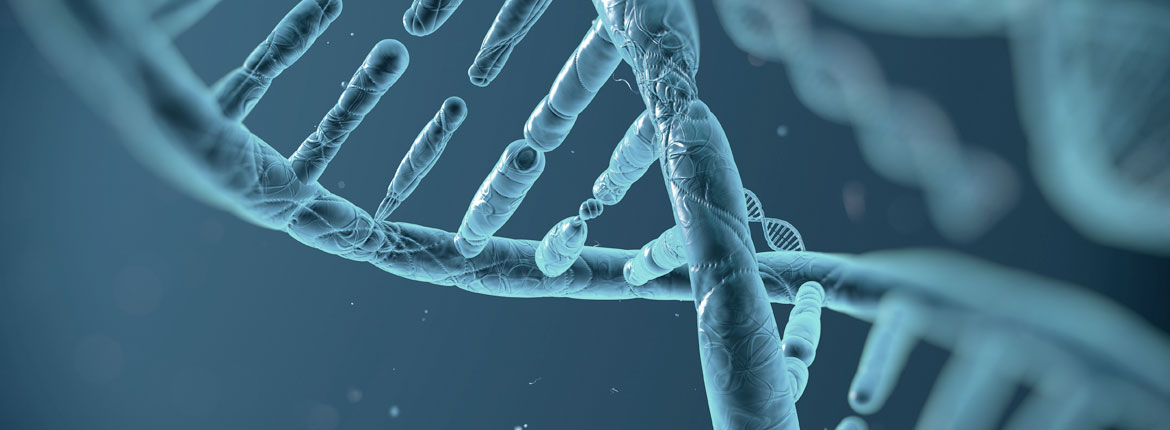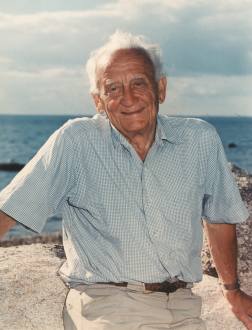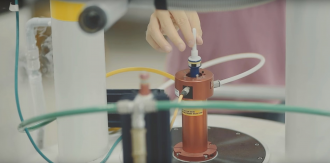

The one-time Rector of the University of Szeged, Albert Szent-Györgyi, set the following goals for our institution: “the gathering, spreading and enhancement of human knowledge”; the teaching of future scientists “who will eventually take over this profession from us ...” and the raising of citizens who are “well equipped with intellectual weapons ...”; and “our institution has another special mission: to be the intellectual centre of the Great Hungarian Plain”. This description of our mission phrased by the Nobel Laureate remains valid today and perfectly reflects the aims of the modern research university. The dedicated researchers and talented students at the University constantly prove that we are worthy of the heritage of Szent-Györgyi.
The 2,500 instructors and researchers at the University of Szeged are actively involved in national and international research projects. We have 19 Doctoral Schools and a numerous internationally renowned research teams. In 4 Faculties at the University, there are 14 research groups supported by the Hungarian Academy of Sciences (MTA). Since 2011, 5 MTA Momentum research teams have been operating here and a number of research teams have been granted European Research Council support. All of them are conducting pioneering activities in their own fields. Our researchers are also taking part in the National Brain Research Programme.
The University of Szeged is a research university, where outstanding research, development and innovation work is conducted. Continuous, strategic basic and applied research is of defining significance. Talent management is a priority task at all levels of training. In addition to the high standard of education, the research work carried out here, is internationally competitive, and there is also a broad range of cooperation in both research and training. The expression research university says it all, as does the term priority higher education institution. The latter qualification is granted only to those universities that possess high-level training and research capacities; that achieve research results in a number of scientific fields that qualify them to play significant roles in implementing strategic national objectives; that are capable of demonstrating outstanding attainments in international higher education rankings; and where international student mobility is prominent.
 The research work continuing in these fields are internationally significant, and nationally defining. The researchers at the University regularly report on their results: the past 5 years, approximately 25,000 publications appeared in national and international journals and in connection with conferences. We are extremely proud of the fact that the intellectual portfolio of the University comprises 41 patents and 52 know-hows, a number of which have already been marketed through licence agreements and spin-off companies established for this purpose. Numerous research projects are conducted in the Szeged Biological Research Centre and in the Albert Szent-Györgyi Health Centre, and we are additionally in close contact with the ELI-ALPS Laser Research Centre.
The research work continuing in these fields are internationally significant, and nationally defining. The researchers at the University regularly report on their results: the past 5 years, approximately 25,000 publications appeared in national and international journals and in connection with conferences. We are extremely proud of the fact that the intellectual portfolio of the University comprises 41 patents and 52 know-hows, a number of which have already been marketed through licence agreements and spin-off companies established for this purpose. Numerous research projects are conducted in the Szeged Biological Research Centre and in the Albert Szent-Györgyi Health Centre, and we are additionally in close contact with the ELI-ALPS Laser Research Centre.
The Extreme Light Infrastructures (ELI) represents the high concentration of worldclass high‐power, high‐repetition‐rate laser systems. As international user facilities dedicated to multidisciplinary science and research applications of ultra‐intense and ultra‐short laser pulses, we provide access to the most diverse collections of advanced laser‐based end stations and enable cutting‐edge research and breakthrough technological innovations.
ELI-HU Non-Profit Ltd is an organization in charge of the implementation of the ELI Attosecond Light Pulse Source Facility (ELI-ALPS) located in Szeged, Hungary. ELI-ALPS provides light (laser) sources between THz (1012 Hz) and X-ray (1018–1019 Hz) frequency range in the form of ultrashort pulses with high repetition rate. The Institute focuses on fundamental research activities, as normally it won’t perform economic activities either during the project implementation. As for most research infrastructures, knowledge and technology transfer and research data management are crucial topics for ELI-HU as well. To formulate and further develop these processes LP participated and participates in many related EU-funded projects.

